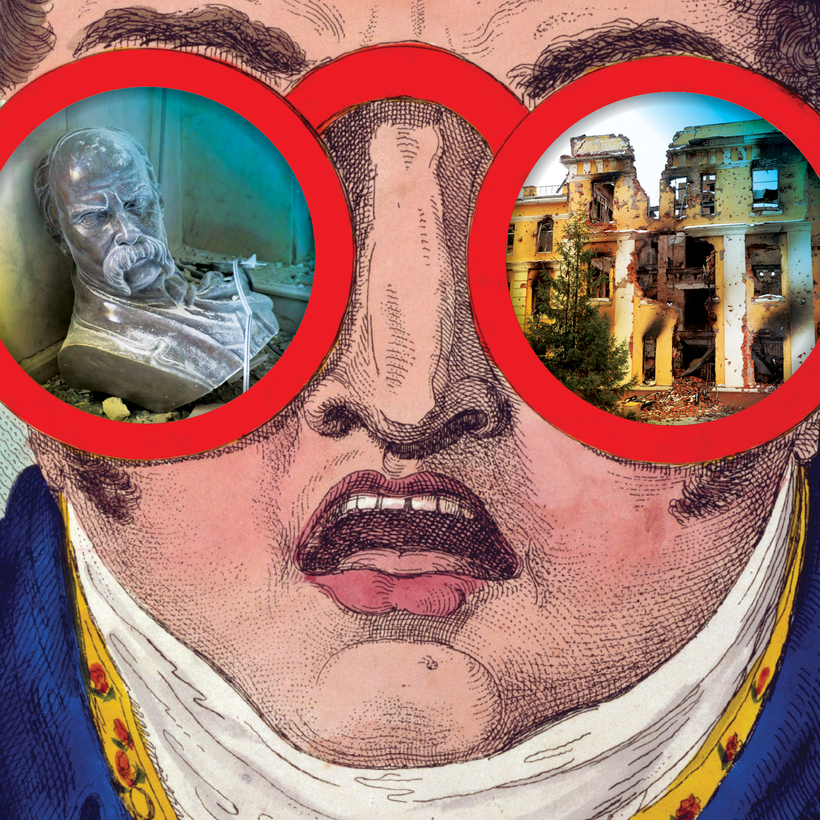When the attacks came to their neighborhood on the outskirts of Kharkiv, Igor Papirov and his wife, Larisa Papirova, both 85, huddled in their bathtub, clutching each other as bombs and rockets rained down around them. The bathroom, with no window, is the smallest room in their apartment and therefore the safest. There is only a tiny ceiling to come crashing down.
Until three weeks ago, Kharkiv, where they have lived their entire lives, was the cultural, intellectual, and, especially, scientific center of Ukraine, with some 38 schools of higher learning (including state and private universities, academies, and specialized institutes) and 300,000 students. And that’s why Igor and Larisa remained there in the face of the apparent determination by Russian forces to level it. That and, as their daughter, Marina Papirova, explains, because the dangers of leaving may be as profound as the risks of staying.


